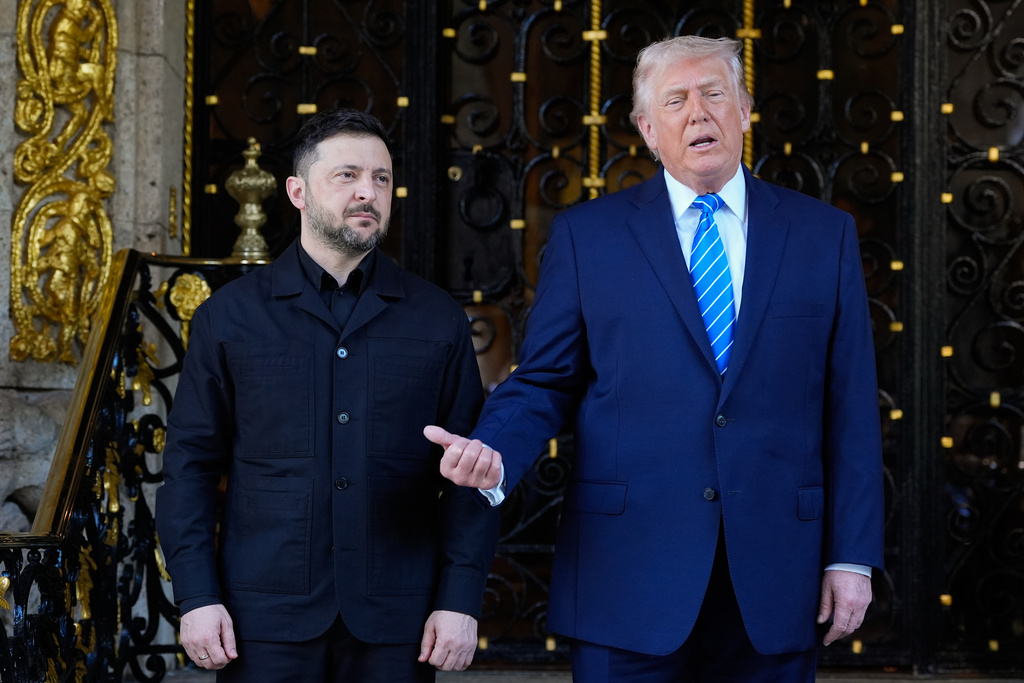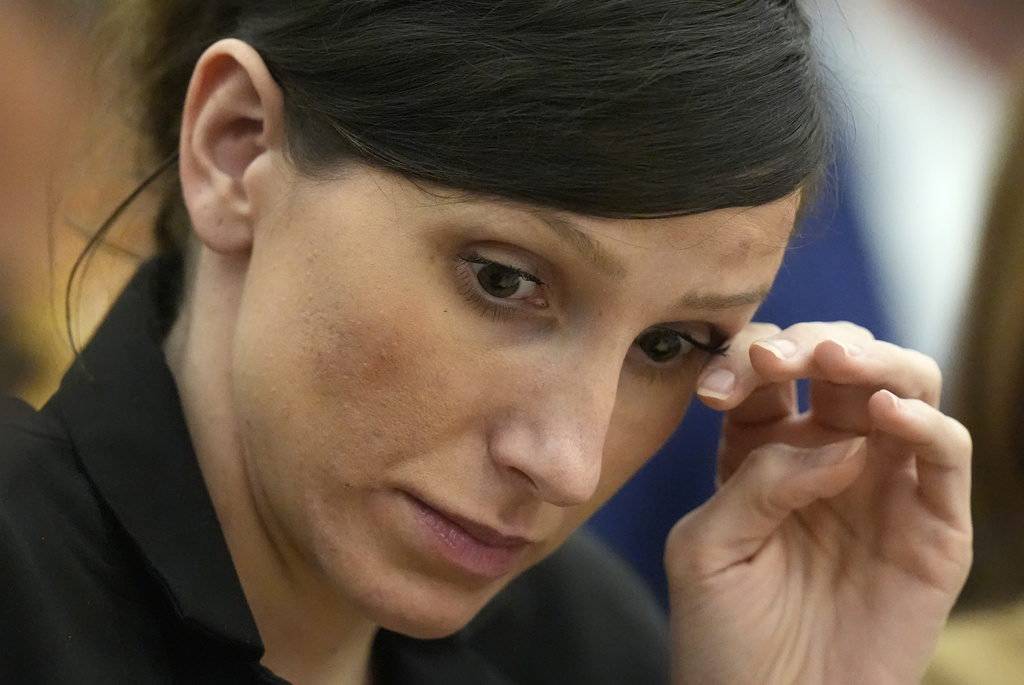The CEO of TikTok, Shou Chew, is set to go before lawmakers in Washington on Thursday to testify.
The testimony comes as a push to ban the social media platform gains strength.
In recent weeks, President Joe Biden signaled support for bipartisan legislation that would give him the authority to ban social media apps that are deemed a national security threat.
The FBI had previously determined that TikTok could be a potential national security concern over its ties to the Chinese Communist Party — ties that TikTok executives say are way overblown.
The reason TikTok is the target of a possible ban is because TikTok's parent company, Bytedance, has financial connections to the Chinese Communist Party.
Lawmakers have claimed that connection could allow China to turn the app into a surveillance tool, an accusation TikTok executives have repeatedly pushed back on.
As a result, legislation to ban the app has been introduced by U.S. lawmakers.
"Calls for total bans of TikTok take a piecemeal approach to national security and a piecemeal approach to broad industry issues like data security, privacy and online harms," said Jamal Brown, a spokesman for TikTok.
You may be asking: how would a TikTok ban in the United States actually work?
Even if legislation gets passed and if President Biden signs off on it, how the ban might all play out is a big question.
College students use social media to aid wrongfully detained Americans
Students at American University are using social media to share stories of wrongfully detained Americans, hoping to get President Biden's attention.
For perspective, Douglas C. Schmidt, a computer scientist and professor at Vanderbilt University, said "It's very hard to remove an app from a phone that's already there."
He says a possible TikTok ban wouldn't mean the app gets erased from your phone.
However, it might stop working.
There are also ways the government could restrict access to new, but not previously downloaded content.
"It's certainly within the ability of the technology networking infrastructure in the country to be able to ban or block access to certain ports at certain addresses," Schmidt says.
He believes the easiest thing for the government to do would be to ban TikTok from app stores like the ones run by Google or Apple.
That would block new users from downloading it, and over time make it harder for app updates to take place.
App stores could agree willingly to remove it, or they could try to fight a ban in court.
"Removing an app from app store is not a hard thing to do," Schmidt says.
If lawmakers in Congress think a complete ban is easy to accomplish, Schmidt says they are wrong.
That's because of the availability of virtual private networks, or VPNs.
He says, for those that may be desperate for TikTok content, you could connect your phone located in one part of the United States, with a VPN located in another part of the world where TikTok is legal.
That, in theory, could allow you to access sites you can't access in the U.S.
"There are always ways of getting around this," Schmidt says.
Tiktok, for the moment, continues to increase its lobbying footprint in Washington, trying to prevent a ban.
According to OpenSecrets, a nonpartisan platform tracking political spending, Tiktok has spent over 10 million dollars in recent years trying to convince lawmakers that Tiktok data is safe.
In recent days Rep. Jamaal Bowman of New York has announced support for TikTok staying legal in the U.S.
If a ban happens, the U.S. wouldn't be the first. India enacted a Tiktok ban in 2020.
UK bans TikTok on government phones
Bans by the U.K. and other Western governments are prompted by growing concerns about China having access to user data.











